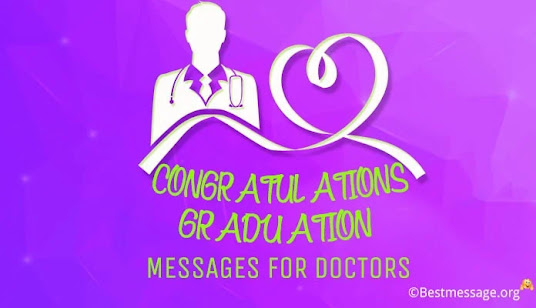Have You Heard? CARES ACT FOR STUDENT Is Your Best Bet To Grow
Ralph G. Nichols and Leonard A.
Stevens, "Listening to People" from the September 1957 issue of the magazine Tweet Share Save Print Recently, the top executives of a primary manufacturing plant in the Chicago area were asked to survey how listening influences their work. A listening cares act for student seminar for executives followed. Participants typically made the following three remarks:
Sincerely, I had never considered listening to be an essential topic on its own. However, now that I know it, 80% of my work depends on me or someone else listening.
"I've been thinking back about things that have gone wrong over the past couple of years, and all of a sudden, and I realized that many of the problems have been caused by someone not hearing something or getting it in a way that is distorted,"
It fascinates me that despite considering so many aspects of communication within the company, we still need to listen. It is the weakest link in the company's communications, and I have concluded it is the most crucial one.
These remarks are indicative of a growing awareness in several management circles. Systems of communication bind businesses together. People in the industry are discovering that spoken communication is more important than written communication. Furthermore, how people listen more than how they say determines how effective the spoken word is.
The Unused Potential
With basically no capability, it is expressed that individuals don't have the foggiest idea of how to tune in. They have excellent ears but rarely have the aural skills that would make it possible for those ears to be used effectively for listening.
We have evaluated people's capacity to comprehend and recall what they hear for several years. We examined the listening skills of hundreds emergency cares act of business professionals and several thousand students at the University of Minnesota. In each instance, the person being tested listened to short talks given by faculty members and was tested on how well he understood the material.
We arrived at this conclusion due to these extensive tests:
Even if they thought they were listening carefully, the average person only remembers about half of what they heard after they finished listening.
What transpires over time? According to our testing and studies conducted at Florida State University and Michigan State University1, the average person will remember only about 25% of what was said two months after listening to a talk. We typically higher education opportunity act forget half to a third of what we just learned within eight hours; Realizing that we frequently forget more in this brief period than in the subsequent six months is startling.
A significant oversight in our educational system lies behind the widespread inability to listen.
Reading has been the focus of our attention because we consider it the primary means by which we learn, and the art of listening has almost been lost on us. Formal reading instruction takes about six years to complete in our educational systems. Considering how much lecturing is done in colleges, it may seem odd that little emphasis has been placed on speaking and very little on listening skills. If training existed, it would typically consist of instructions from the first grade through college: "Pay close attention!" Get this now!" Keep your ears open! Listen!"
Our teachers value attentive listening. Therefore, why have educators not developed formal approaches to teaching students to listen for so long? We have encountered several erroneous assumptions that have hampered the teaching of listening. For instance:
(1) We have assumed that intelligence plays a significant role in one's ability to listen and that "bright" people are better listeners than "dull" ones. We have greatly exaggerated the significance of low intelligence, even though it undeniably concerns the inability to listen. A person who listens poorly does not necessarily lack intelligence. We must use specific skills learned through experience or training to be good listeners. If he has these listening skills, a person will need help understanding and remembering what he hears. This can happen to intelligent people as well as those with low intelligence.
(2) Learning to read will teach one to listen by itself. Although some reading skills can be applied to listening, this assumption must be revised. Listening is an alternate action from perusing and requires various abilities. According to research, reading instruction alone does not improve listening skills at the same rate.
This indicates that reading proficiency is continuously higher education opportunity act of 2008 improved in our schools, where the aural communication component is given little attention. In contrast, listening proficiency degenerates when it is left to falter on its own.
The typical student enters a society where he is likely required to listen approximately three times as much as he reads because he is a fair reader but a poor listener.
.jpeg)



Comments
Post a Comment